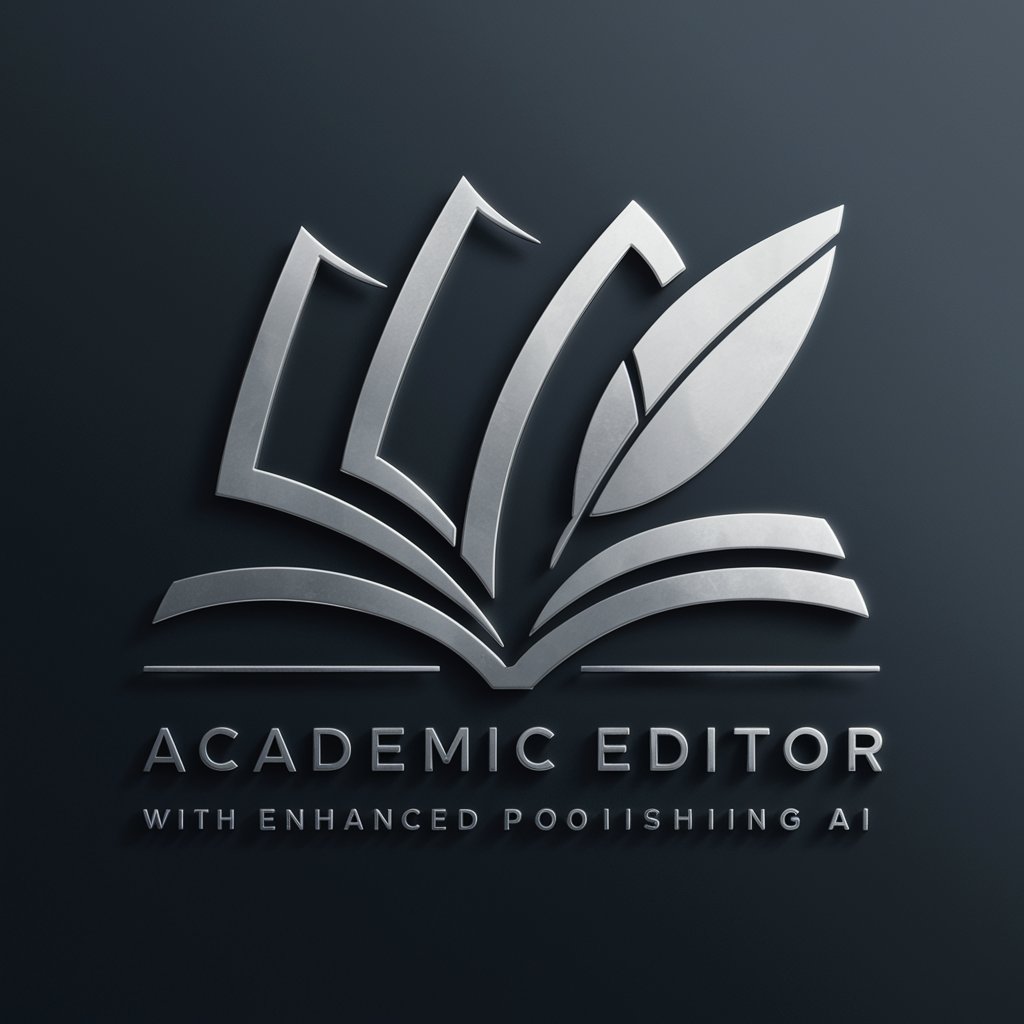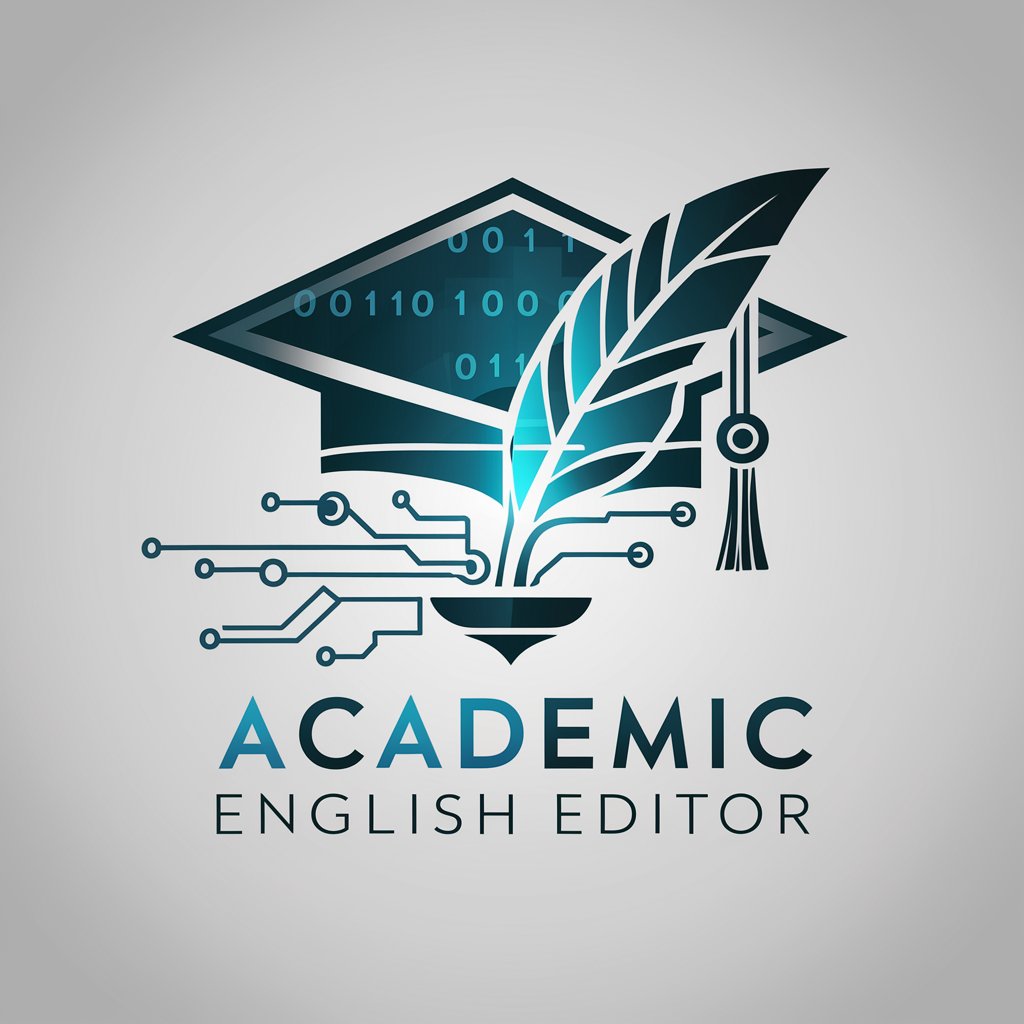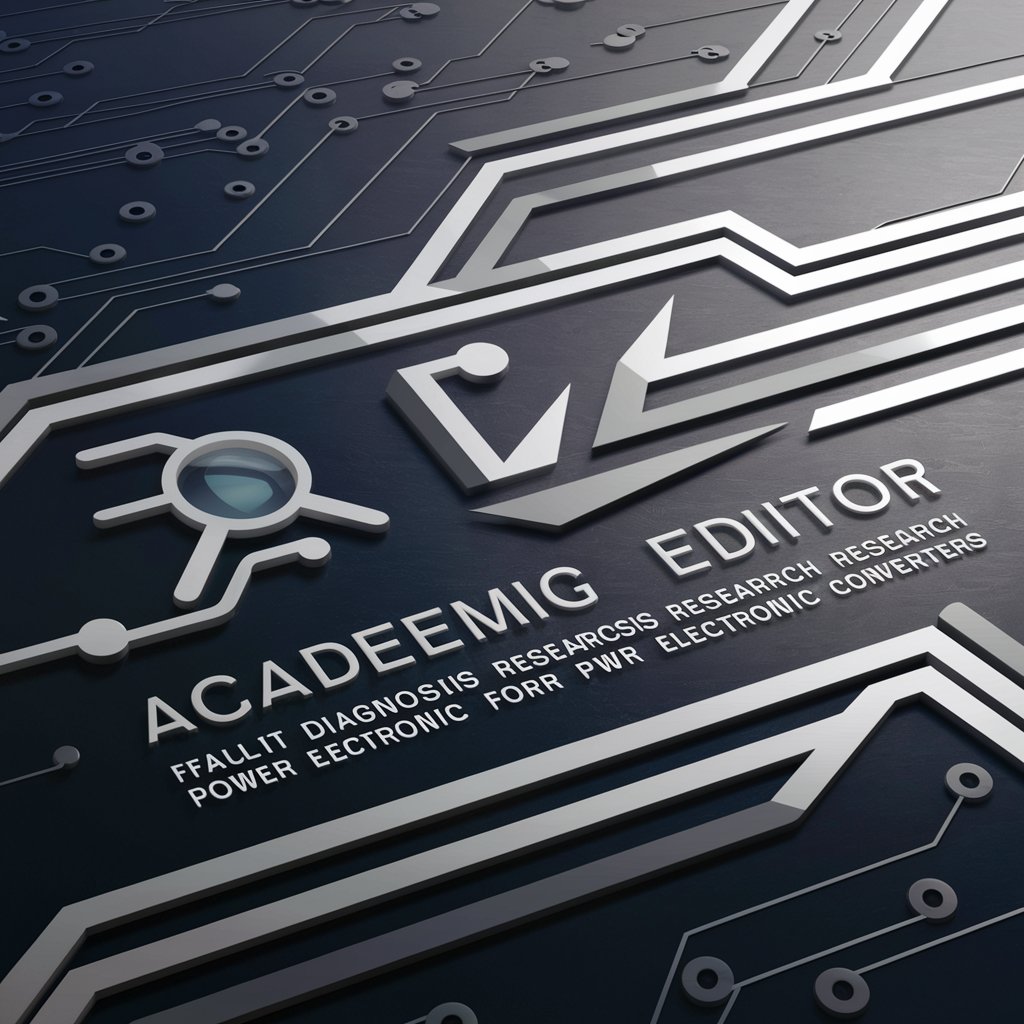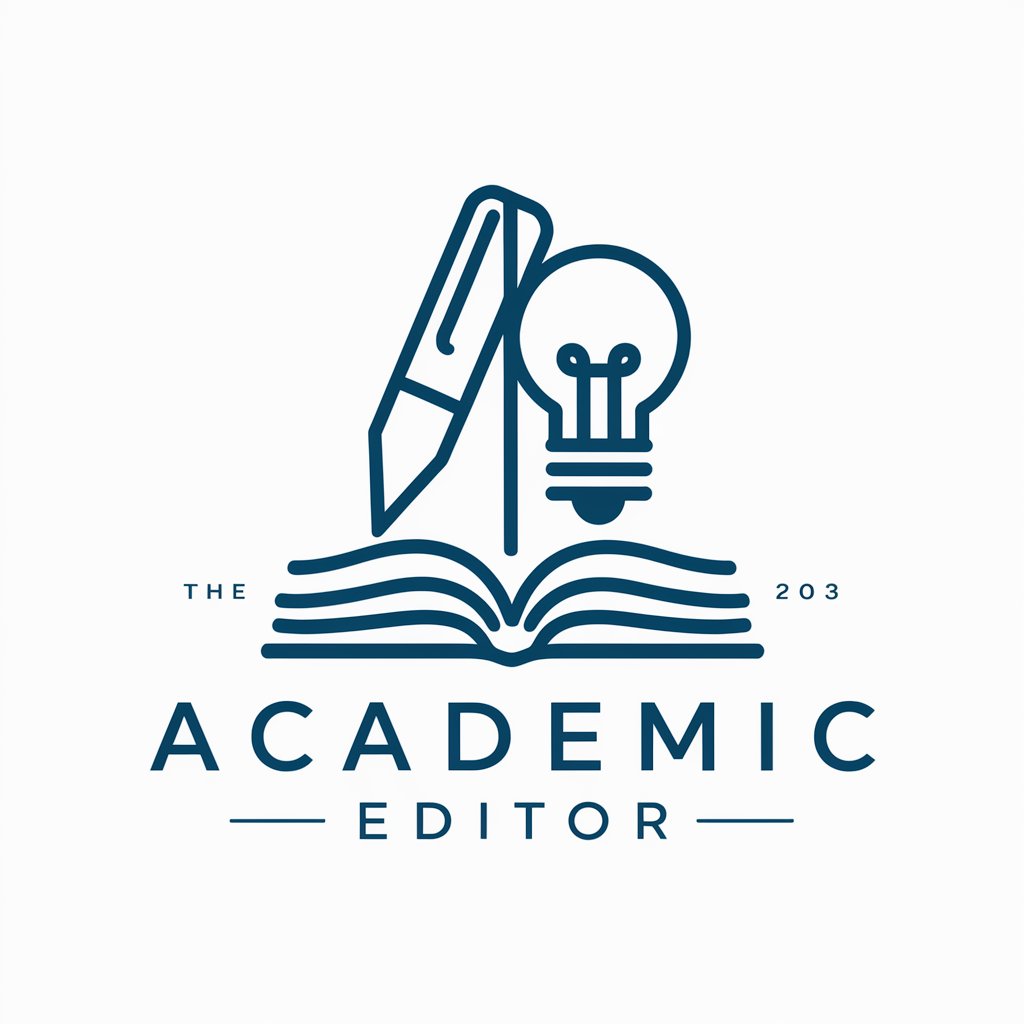
Academic Editor - AI-Driven Academic Editing
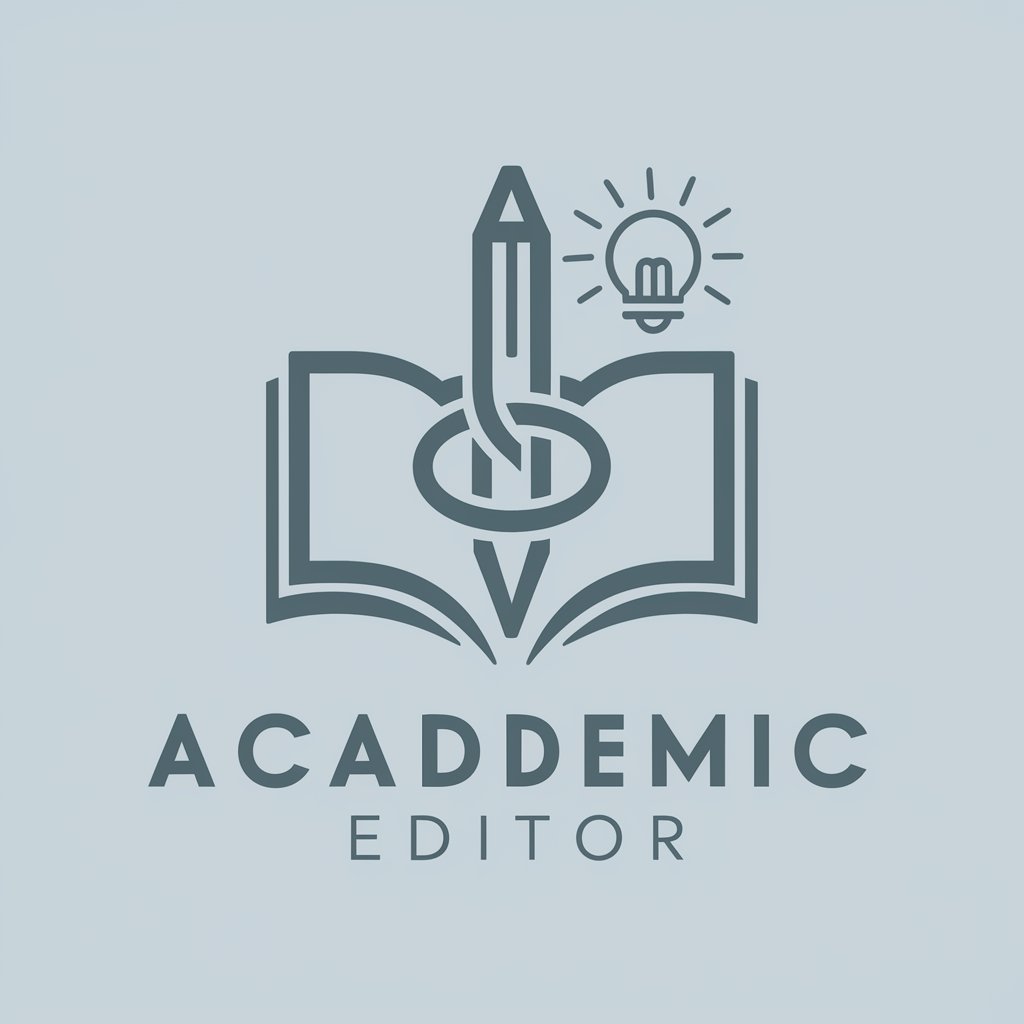
Welcome! How can I assist with your academic writing today?
Elevate Your Academic Writing with AI
Can you help refine the following academic text for clarity and conciseness?
Please simplify this complex idea to make it more understandable for a general audience:
How can I enhance the precision of this academic paragraph?
I need to reduce the word count of this section while maintaining its academic rigor:
Get Embed Code
Overview of Academic Editor
Academic Editor is a specialized tool designed to enhance academic writing by focusing on clarity, precision, and readability. It's akin to having a knowledgeable and meticulous editor at your disposal. Its core functionality revolves around refining complex academic texts, ensuring they are comprehensible without losing their academic integrity. A typical scenario might involve an academic researcher struggling with the articulation of complex theories in a grant proposal. Academic Editor can transform dense, jargon-laden sentences into clear, concise statements while preserving the proposal's scientific accuracy. Powered by ChatGPT-4o。

Core Functions of Academic Editor
Enhancing Clarity and Precision
Example
For instance, consider a sentence overloaded with technical terms: 'The biogenetic parameters influencing genomic stability are multifaceted.' Academic Editor would simplify this to 'Various biological factors affect the stability of genomes.'
Scenario
This function is especially useful in manuscripts where authors struggle to communicate complex ideas to a broader scientific audience.
Adherence to Word Count Targets
Example
If a journal submission guideline limits abstracts to 250 words, Academic Editor can condense a 300-word abstract to meet this requirement without omitting crucial information.
Scenario
This is critical for researchers adhering to strict publication or grant application guidelines.
Eliminating Redundancy and Verbosity
Example
Transforming a sentence like 'The study was conducted in a manner that was very thorough' to 'The study was conducted thoroughly.'
Scenario
Ideal for editing lengthy thesis chapters where verbosity can dilute the impact of key findings.
Ideal Users of Academic Editor
Academic Researchers
Researchers often grapple with expressing complex ideas succinctly, especially when English is not their first language. Academic Editor helps in making their writing more accessible and publication-ready.
Students
Particularly those working on theses or dissertations who need to adhere to strict word counts and clarity requirements. Academic Editor assists in refining their arguments and ensuring academic rigor.
Non-native English Speakers in Academia
This group benefits immensely as Academic Editor can help navigate the nuances of academic English, ensuring their research is conveyed effectively.
Grant Proposal Writers
Since grant proposals often have stringent guidelines and a need for clear, compelling writing, Academic Editor can be invaluable in enhancing proposal quality.

Guide to Using Academic Editor
1
Initiate your experience by visiting yeschat.ai, where you can access a free trial of Academic Editor without the need for logging in or subscribing to ChatGPT Plus.
2
Upload or paste your academic text into the provided text field. Ensure your document is in a format that Academic Editor can process, typically plain text or compatible word processing formats.
3
Specify your requirements such as desired word count, specific sections needing revision, or particular academic standards to adhere to.
4
Use the editing tools provided to interact with Academic Editor, making use of features like real-time suggestions, tracking changes, and side-by-side comparisons for before and after edits.
5
Review the edited text, making any final adjustments as needed. Utilize the feedback mechanism to refine the tool's future performance and accuracy in relation to your specific academic needs.
Try other advanced and practical GPTs
Home Scout
Empowering Your Home Journey with AI

Education Ally
Empowering education with AI

Abogado Digital
Empowering Legal Professionals with AI
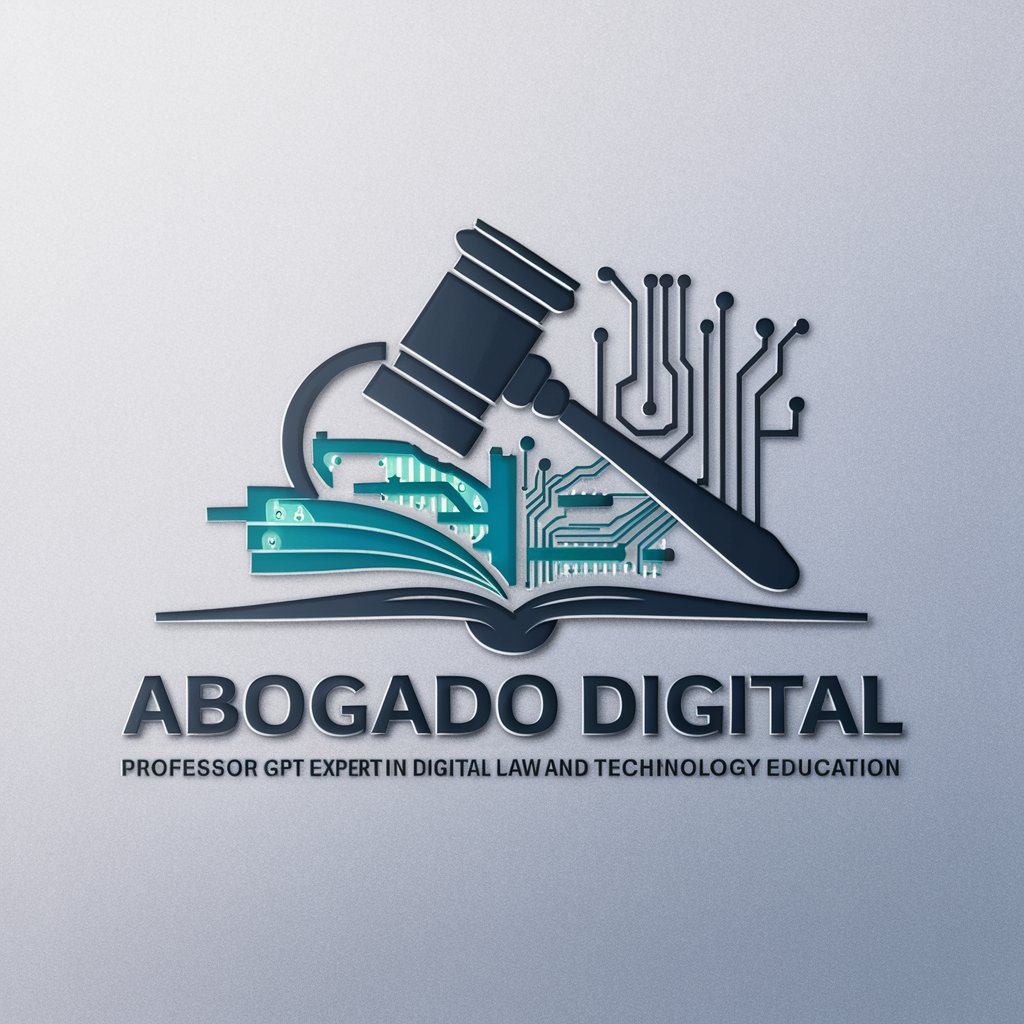
Social Spark
Empowering creativity with AI

SEO Optimizer
Elevate Your Content with AI

SWOT Analyst
Strategize with AI-Powered SWOT Insights

Trends Advisor
Navigating Trends with AI Precision

Pitch Perfect
Elevate Your Presentations with AI
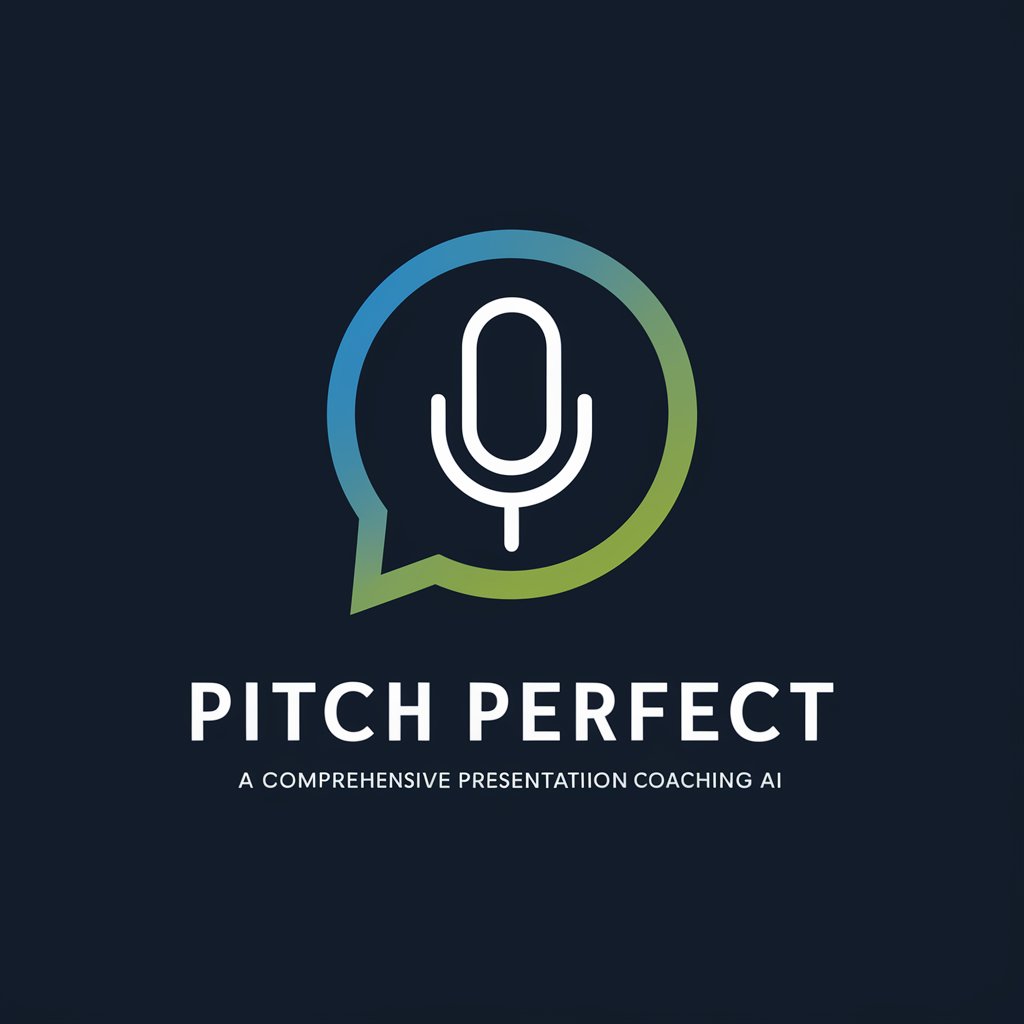
Tinderella AI
Elevate Your Tinder Game with AI

Energy Efficiency
Optimize energy use with AI insights

THE PRESIDENT
Leadership insights at your command

Seabiscuit: Accounting CFA Copilot
AI-Powered Precision in Accounting and Finance

Frequently Asked Questions about Academic Editor
What types of documents can Academic Editor handle?
Academic Editor is proficient in editing a range of academic texts including research papers, dissertations, essays, and journal articles. It supports plain text and common word processing formats.
Can Academic Editor help reduce word count while maintaining content quality?
Absolutely. Academic Editor is adept at condensing text to meet specific word count targets without compromising the integrity and quality of the academic content.
Does Academic Editor support non-English texts?
Currently, Academic Editor primarily focuses on English-language texts. However, it can handle basic editing for a limited range of other languages.
Is user input required for editing, or is it fully automated?
While Academic Editor provides automated suggestions, user input and decision-making are crucial for finalizing the edits, ensuring they meet the specific needs and context of the document.
How does Academic Editor ensure the academic integrity of edited documents?
Academic Editor maintains academic integrity by focusing on enhancing clarity and readability without altering the original meaning or authorial voice. It also encourages users to review and finalize edits to ensure accuracy.
